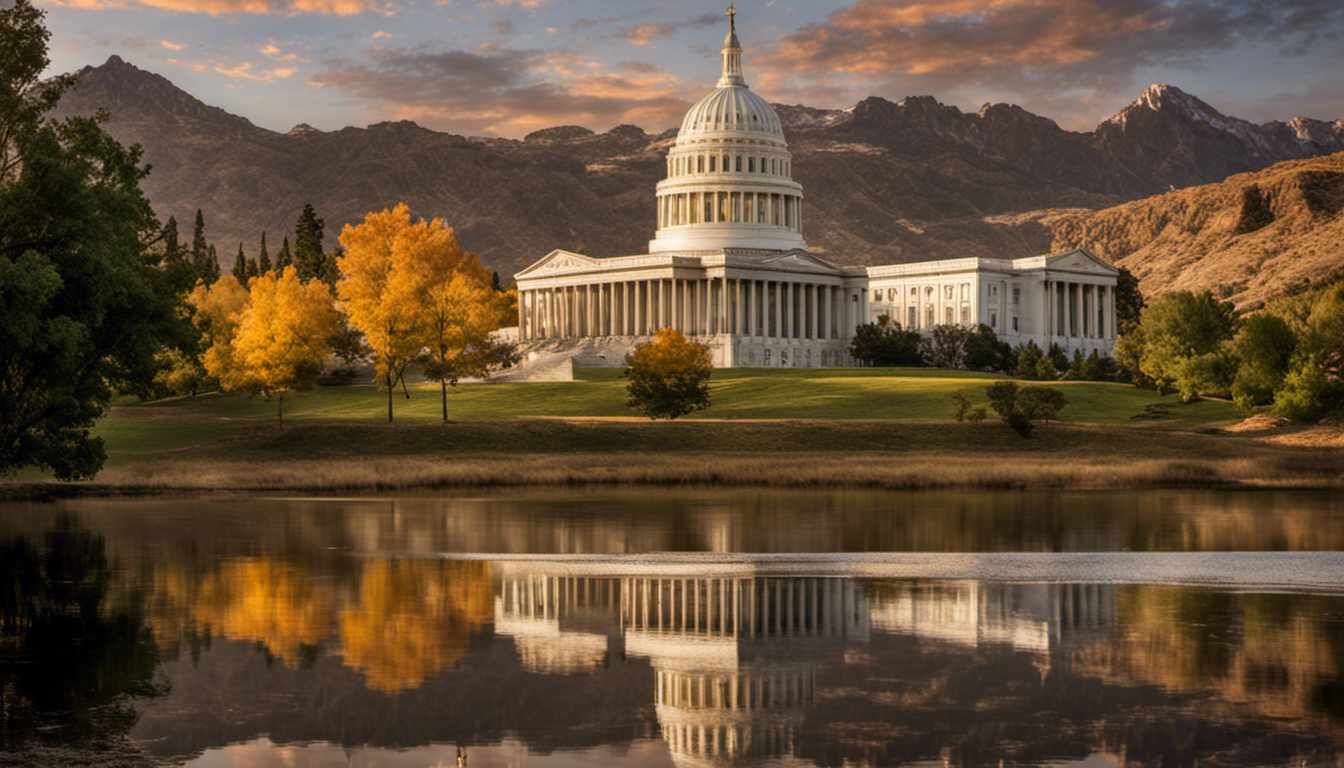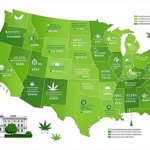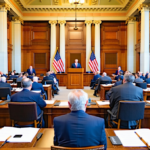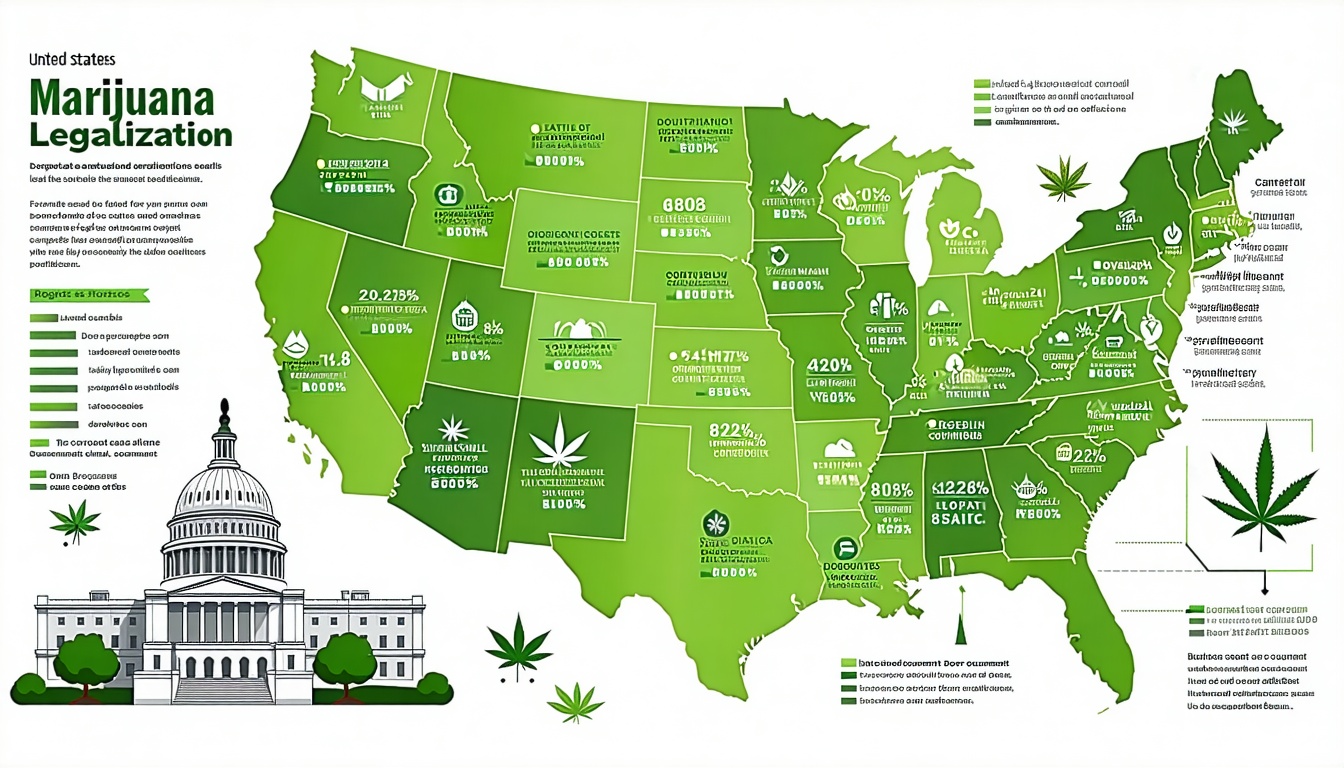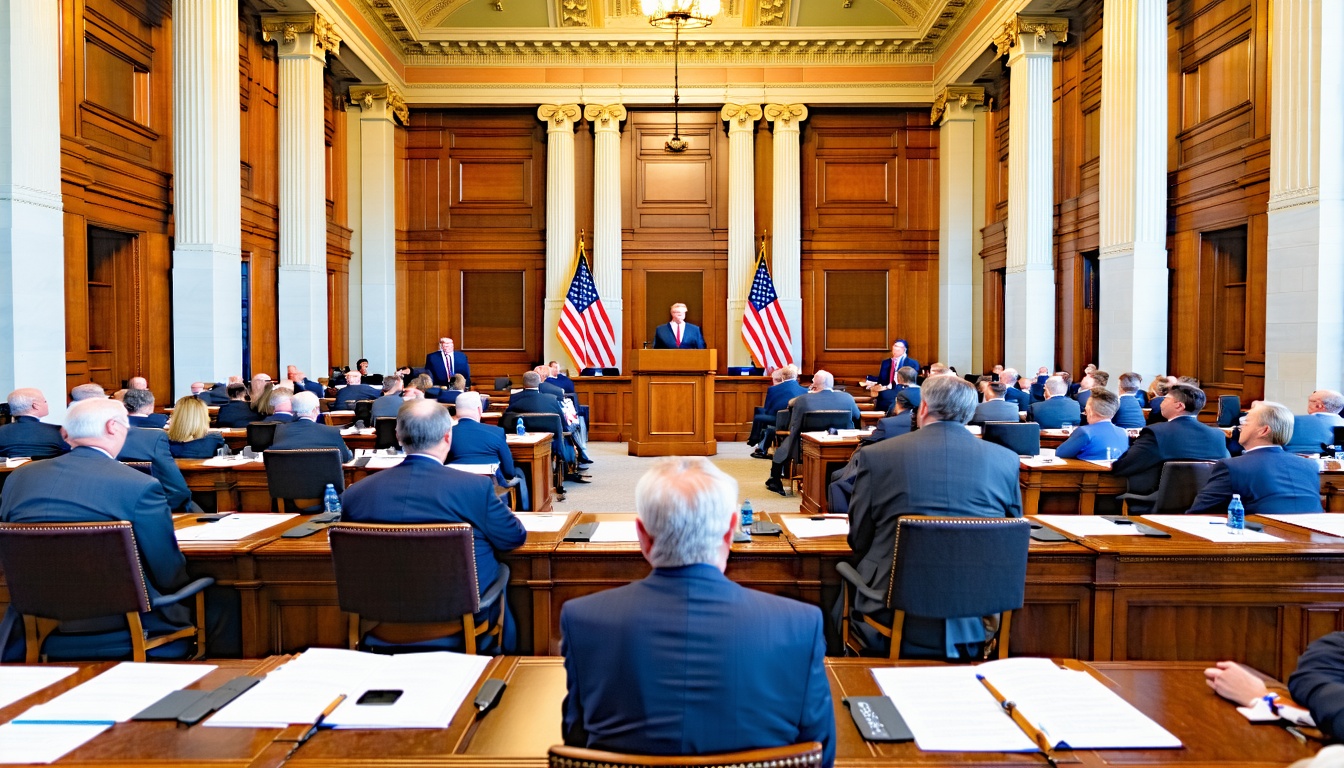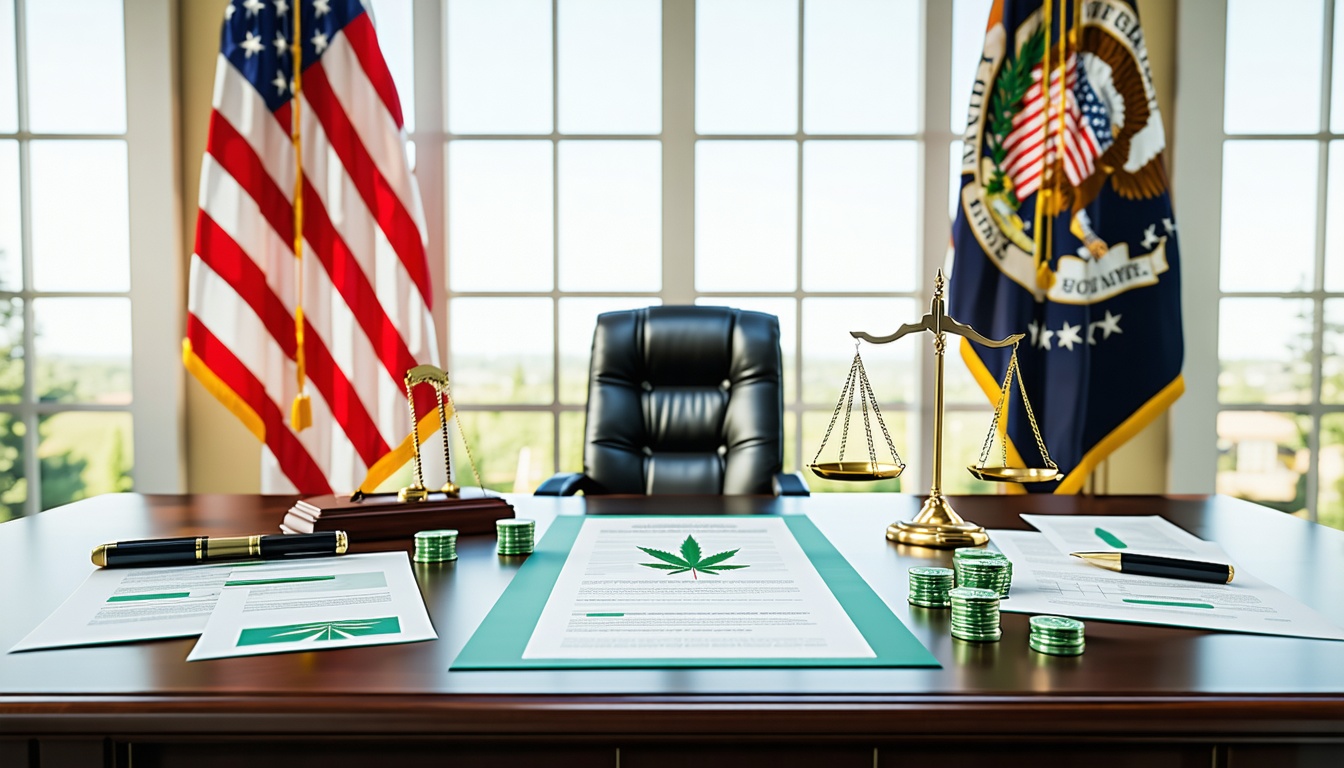The Influence of Politics on Mormon Identity in America
A growing trend is emerging within the Latter-day Saint community in the United States, where politics and polarization are increasingly shaping the identity and values of its members. This phenomenon, dubbed “Mormon Land,” is a reflection of the broader societal divisions and partisan tensions that have come to define American politics.
As the country becomes increasingly polarized, many Mormons are finding themselves at the forefront of this divide. The Church of Jesus Christ of Latter-day Saints, which has historically been known for its conservative leanings, is now facing a crisis of identity as its members struggle to reconcile their faith with their political beliefs.
Some Mormons are embracing their conservative roots, aligning themselves with the Republican Party and its values. Others, however, are breaking away from this traditional mold, embracing more liberal or progressive views and identifying as independents or Democrats.
The polarization of Mormonism is not without its consequences. Many members are feeling increasingly isolated and divided, with some even leaving the church altogether due to disagreements with their fellow believers. The once-unified community is now fragmented, with some members feeling forced to choose between their faith and their politics.
The Church of Jesus Christ of Latter-day Saints has responded to this crisis by emphasizing the importance of unity and inclusivity. Church leaders have called for members to set aside their political differences and focus on their shared values and beliefs. However, this message has been met with skepticism by some, who argue that the church’s traditional conservative leanings are at odds with its efforts to promote unity.
As the debate continues, one thing is clear: the influence of politics on Mormon identity is a complex and multifaceted issue that will require careful consideration and dialogue to resolve. Ultimately, the future of Mormonism in America will depend on its ability to navigate these treacherous waters and find a way to reconcile its faith with its politics.

